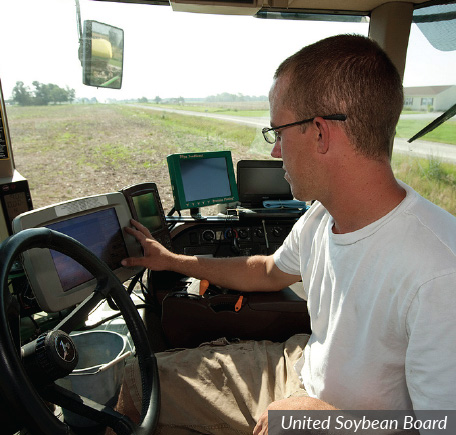Precision Agriculture Specialist
Overview
Precision agriculture specialists provide support and technical assistance to growers who are using precision technologies on their farms.

What responsibilities will I have?
- Implement actual work of grid and contour differential global positioning systems for soil sampling, developing information maps, recommendation maps
- Implement variable rate application of lime and nutrients
- Implement practical application of record keeping and nutrient management plans
- Assist in marketing precision agriculture program to producers
- Network with local government and extension leaders concerning Precision Ag practices
- Participate in meetings within sales area which offer an opportunity for sales and improved public relations as approved by supervisor
- Provides technical service and recommendations to patrons and prospects based on proficient knowledge of fertilization calculation and other formulations
- Assist customers in installing and calibrating their precision equipment
- Provides training for other retail employees in precision ag
- Assists in handling customer concerns and complaints
- Interpret satellite remote sensing to identify and map field variability
- Prepare variable rate fertility, fungicide, and seeding maps for customers
- Prepare variable rate and flat rate fertility, fungicide, and seeding recommendations
- Using GPS and soil test zones, locate fields by legal land description and perform soil sampling duties in field
- Provide agronomic services in field using the scouting apps or software, including pre-seed, post-seed, fungicide, pre-harvest, post-harvest recommendations
- Understand and participate in the company or farmer’s business plan and strategies
What education and training is required?
A bachelor’s degree in agricultural engineering, agronomy, or agricultural business. Having your certified crop adviser certification may also be required.
To pursue a career as a precision agriculture specialist:
The following high school courses are recommended: agricultural education, a focus on sciences such as chemistry and biology, and mathematics.
Where can I work?
There is the opportunity to work for precision equipment / software providers, ag retailers, cooperatives, or even extension.
Future Job Market/Outlook
The job outlook for a precision agriculture specialist will be great over the next five years.




